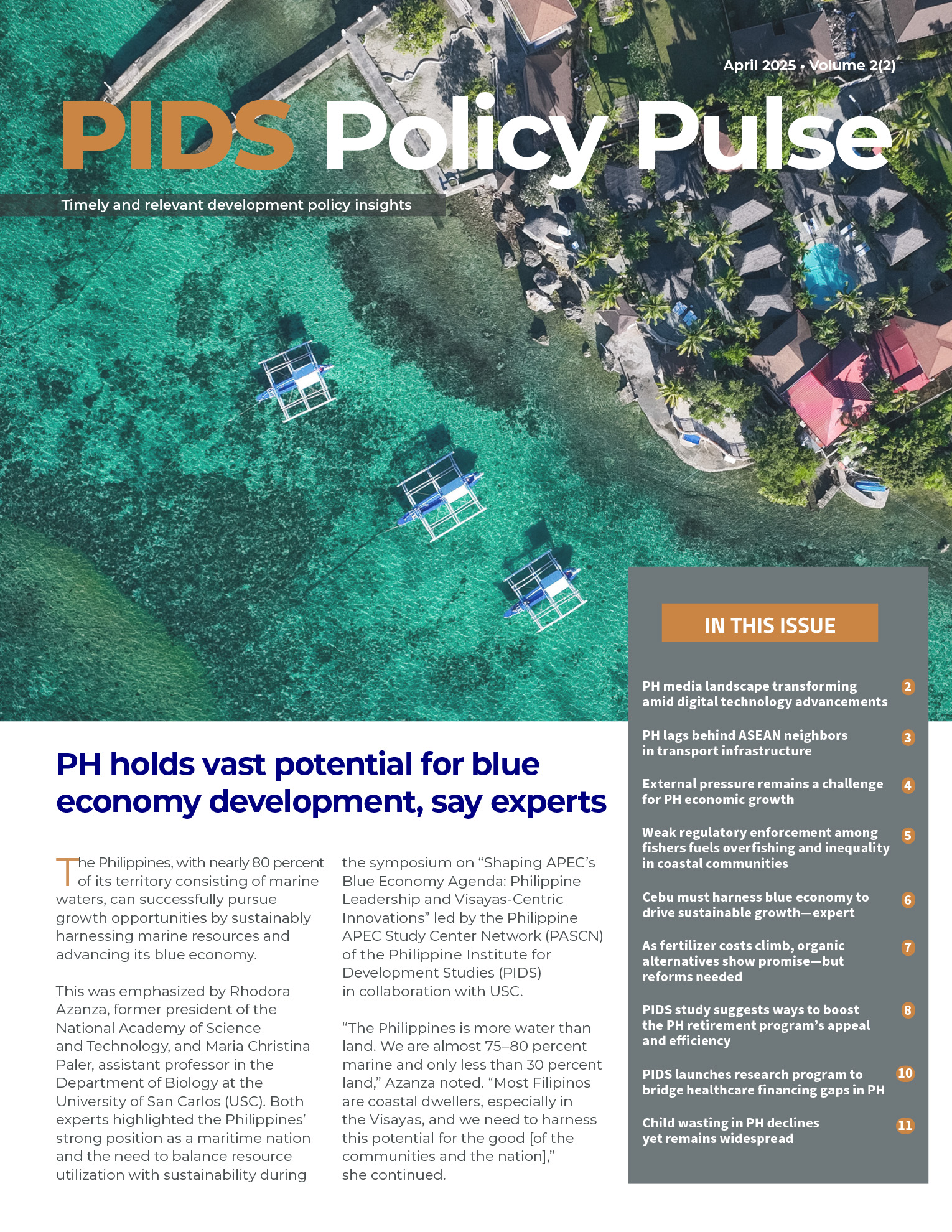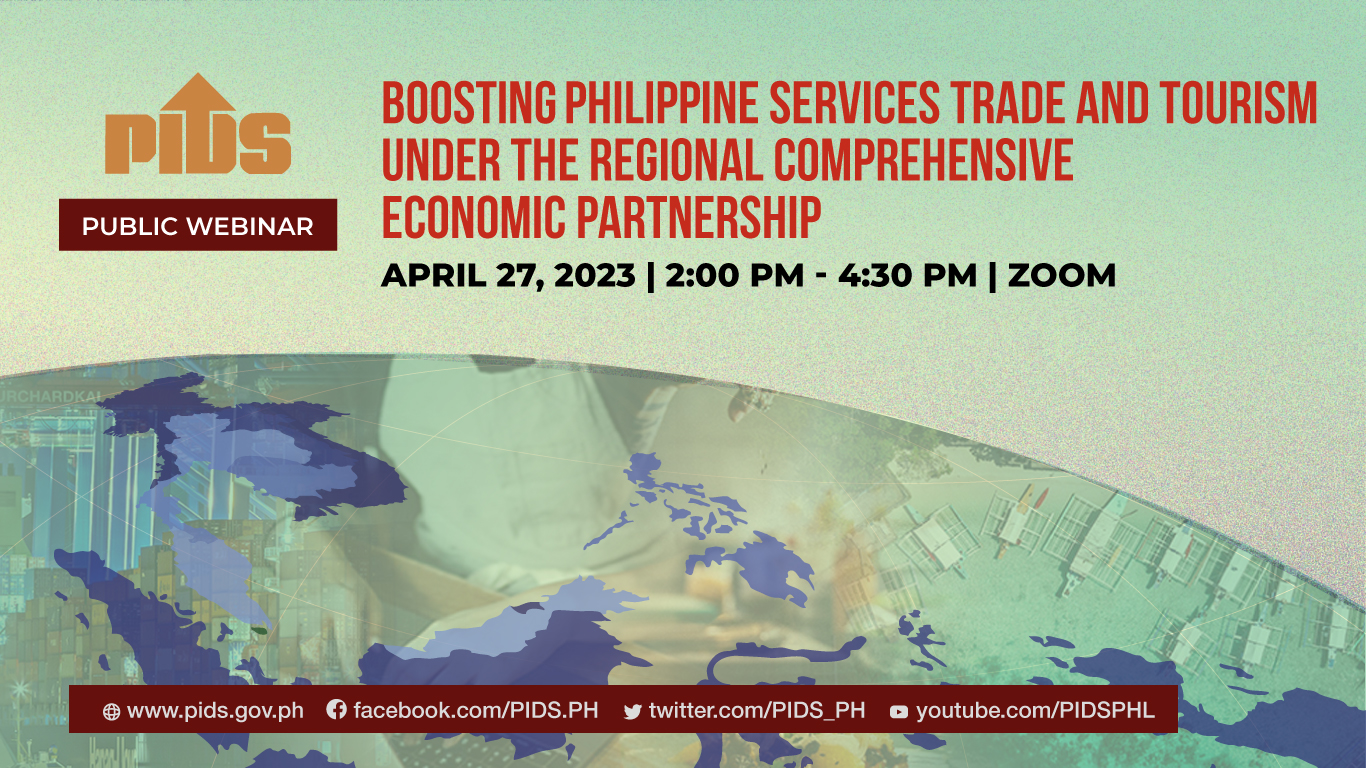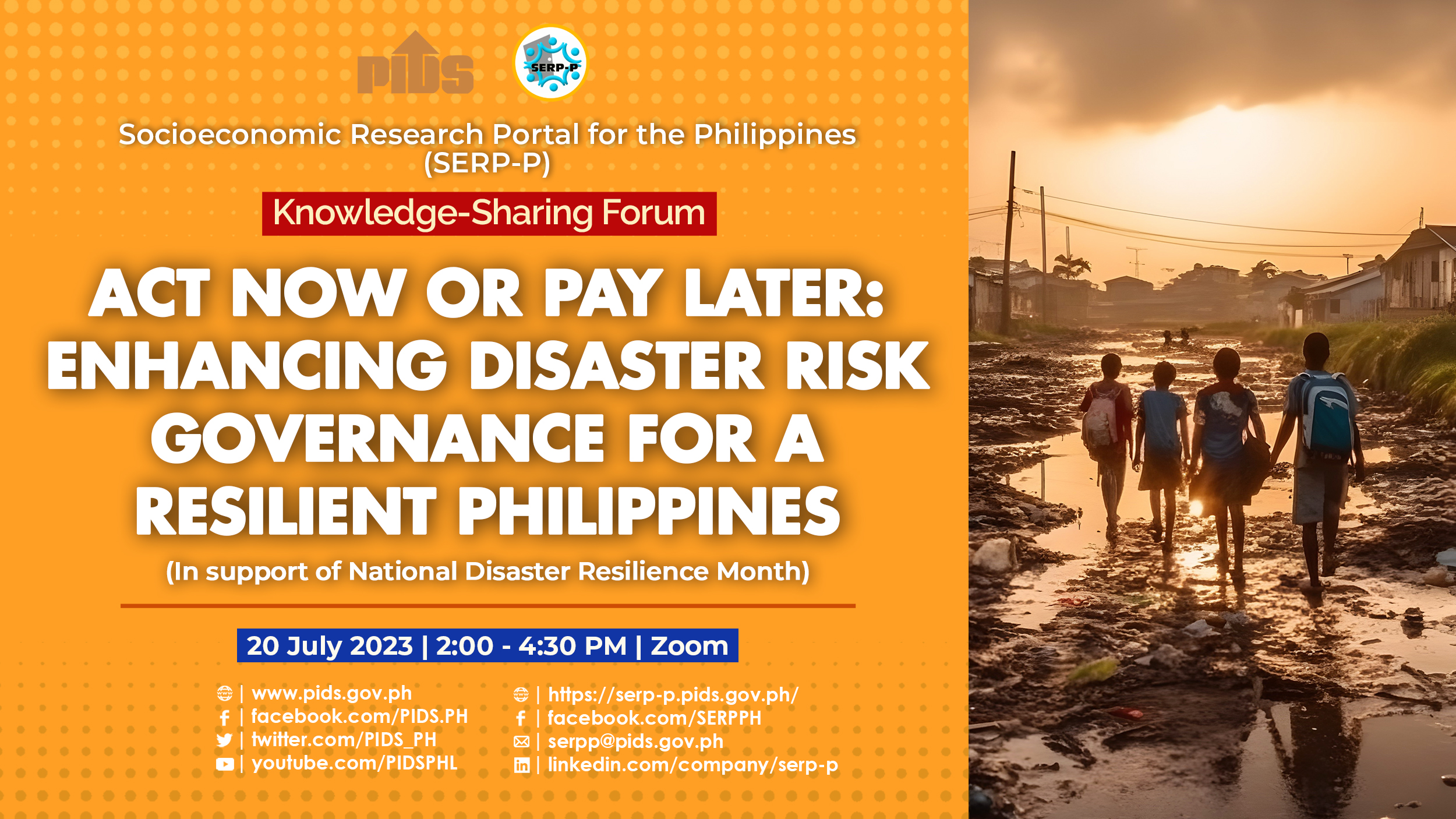THE EUROPEAN UNION (EU) said it is closely monitoring the provisions of the Philippine Competition Act, with its passage in July clearing a major hurdle to the ongoing talks for a possible Free Trade Agreement (FTA).
"Our view is this is a big achievement; it was one of the issues that we want the Philippines to achieve before we start these negotiations,” EU Competition Policy expert Tiina Pitkanen told reporters on the sidelines of a dialogue at the New World Hotel in Makati City yesterday.
"That hurdle has now been passed so we wish all the luck for the future competition authority for the implementation of this. We think that we are now there -- we can finalize our discussions on this part of the FTA,” added Ms. Pitkanen, who is also director-general for Trade of the European Commission.
A January 2014 discussion paper by the Philippine Institute for Development Studies showed that with the FTA, the Philippines’ real gross domestic product may increase by 0.15% while price levels decline by 0.12%. The corresponding impact on exports and imports improve is 0.36% and 0.33%, respectively, while total consumption inches up by 0.16%.
Ms. Pitkanen said that during scoping exercises for a possible FTA, the EU usually considers competition regulation.
"For the type of provisions we normally negotiate in FTA... we normally list the type of anti-competitive, abusive practices that we want our respective laws to address -- anti-competitive mergers for instance,” she said.
Republic Act No. 10667 or the Philippine Competition Act prohibits anti-competitive agreements between or among competitors -- restricting competition as to price or other terms of trade and fixing price at an auction or in any form of bidding. It also prohibits agreements which have the object or effect of substantially preventing, restricting or lessening competition.
The new law will impose an administrative fine of up to P100 million for a first offense and fines of not less than P100 million to P250 million for entities that violate the provisions on anti-competitive agreements, abuse of dominant position, and prohibited mergers.
"Having a law sends the message that we are standardizing and institutionalizing the concept of competition into the economy,” Anthony A. Abad, chief executive officer of the Trade Advisory Group and an expert on Philippine competition, said during the dialogue.
"In the Philippines, people don’t see the importance of competition, and this could be counter-intuitive for people with monopoly positions,” he said. --
Competition Act smooths way for free trade deal -- EU official












